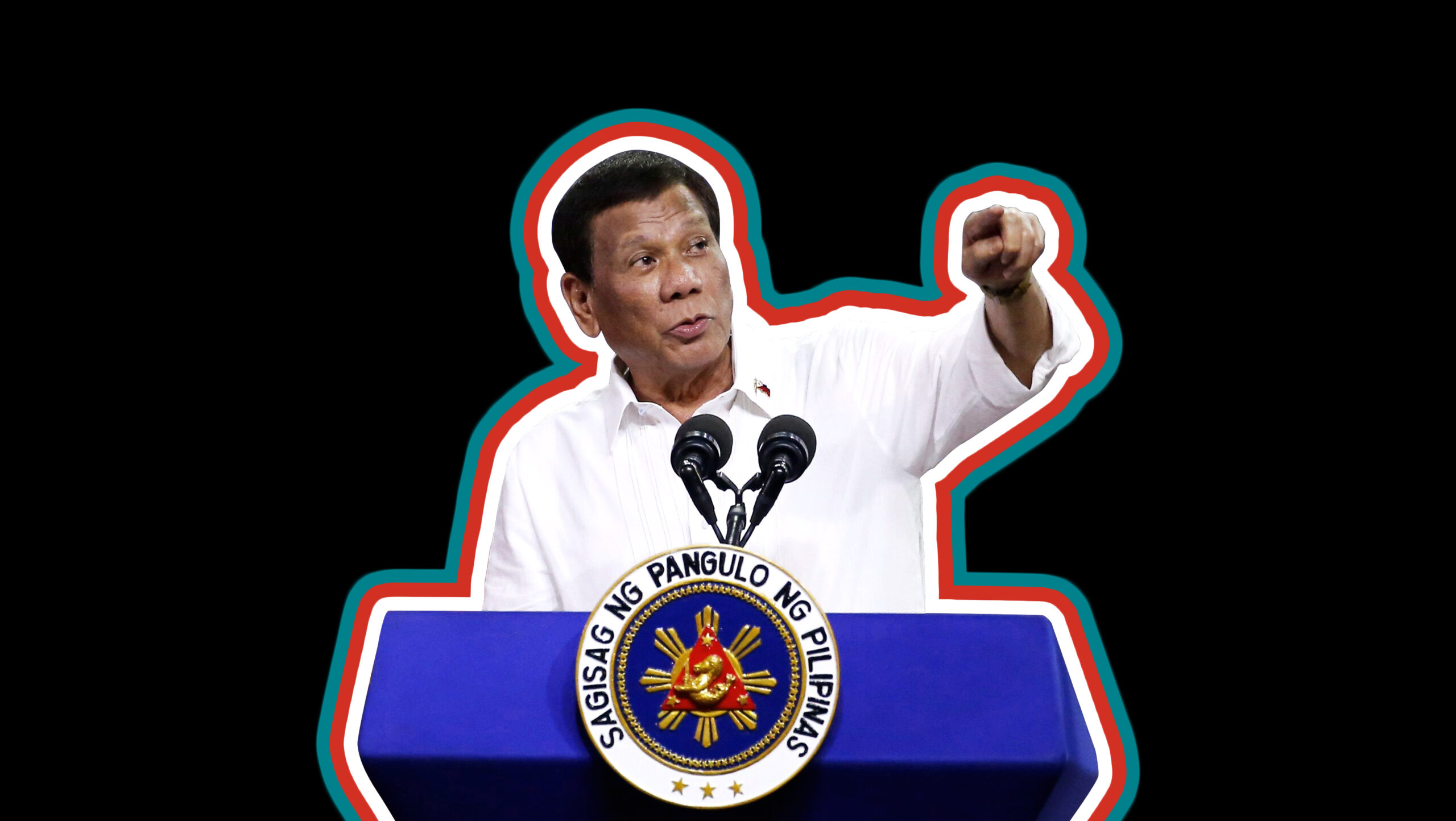To get Xtra Weekly in your inbox, subscribe here.
WEEKLY EXPLAINER
Over the past few weeks, the Sexual Orientation and Gender Identity and Expression (SOGIE) equality bill has become a topic of debate in the Philippines.
In August, Gretchen Custodio Diez, a trans woman, was stopped by a janitor from using the women’s washroom at the Cubao mall in Quezon City, Philippines. The janitor attacked and insulted Diez, and the encounter was caught on video. The incident ignited a national discussion on LGBTQ rights in the country. Some media outlets even dubbed Diez the new face of the fight for LGBTQ rights in the Philippines, one that’s been ongoing for the past two decades.
Here’s the background The Philippines is a predominantly Catholic country with a unique relationship to the LGBTQ community. On the surface, the Philippines seems to have accepted the queer community: homosexuality is not criminalized in the country, gay and bisexual men and women are allowed to serve in the military, some cities have passed anti-discrimination ordinances and some of the Philippines most famous celebrities are members of the LGBTQ community.
However, in an interview with Huffington Post in 2014, Ging Cristobal, an LGBTQ activist based in Manila, said: “there is high tolerance here, there’s not real acceptance.”
In 1987, the Philippine government signed international covenants, such as the International Covenant on Economic, Social and Cultural Rights and the International Covenant on Civil and Political Rights, with a commitment to uphold the dignity and equality of all people. However, these agreements seem not to have translated into practice, as LGBTQ-related killings are still reported in the country.
In 2000, the earliest version of the SOGIE equality bill was filed under the 11th Congress by late-Senator Miriam Defensor Santiago and former Akbayan representative Loretta Rosales. The bill was refiled in the 14th Congress, but, just like the previous version of the bill, it only reached the committee level and didn’t pass into law. Other senators also filed similar bills in the 15th and 16th congresses without success.
In 2009, the Commission on Human Rights (CHR) supported the LGBTQ group Ladlad after the country’s Commission on Election denied its petition to run as a party in the 2010 national election on the grounds of “immorality.” The following year, the Supreme Court of the Philippines granted Ladlad’s registration.
In 2012, the country’s Department of Education (DepEd) signed “DepEd Child Protection Policy,” a set of policies and guidelines that protect school children against abuse, violence and discrimination — including discrimination based on sexual orientation.
In 2013, two attempts to pass new versions of the SOGIE bill were introduced in the House of Representatives, but neither bill has been passed.
When Filipino trans woman Jennifer Laude was murdered by US Marine Joseph Scott Pemberton at Subic in 2014, conversations about LGBTQ rights were reignited. Pemberton killed Laude during a sexual encounter; at his trial his lawyers used “the panic defence” to claim he was driven to violence when he discovered Laude was transgender. In November of that year, Herbert Bautista, former mayor of Quezon City, signed an ordinance that prohibits gender-based discrimination. This ordinance became law in the municipality — the same law that protected Diez from the mall janitor’s attack last month.
In 2016, Senator Risa Hontiveros filed the first Senate version of the SOGIE equality bill. The following year, on its third and final reading, the 17th Congress passed the anti-discrimination bill with a vote of 197-0. In 2018, the Philippine Senate put Hontiveros’ SOGIE equality bill on hold.
Last month, after the story of Diez’s attack in the Cubao mall, Hontiveros delivered a speech in the Senate, calling on her colleagues to pass the SOGIE bill.
“I am calling my colleagues in this plenary and in Congress, let us pass the SOGIE equality bill. For Gretchen, for all Filipino lesbians, gays, transgenders, intersex, queers and asexuals, who have long been trapped in judgment and discrimination,” she said during her speech in August.
Some senators and members of the public supported Hontiveros’ request, while some conservative senators expressed confusion. Senate President Vicente Sotto III said, in reference to the LGBTQ acronym, “Why that lengthy letters? Why not just Homo sapiens? We’re all the same. Why do we have to segregate the gays from the lesbians from the straight guys?”
On Aug 19, Diez met with Philippine President Rodrigo Duterte. In an interview with Rappler, Diez said she and Duterte discussed the possibility of passing the SOGIE bill.
“I think it’s a very big celebration, not just for me. It’s not just about my case,” Diez said. “We are now finally seeing the light at the end of the tunnel.”
On Tuesday, Duterte announced his plans to certify the SOGIE bill as urgent saying: “I want [LGBTQ people] to be happy.” On Wednesday, however, Presidential Spokesman Salvador Panelo said that Duterte was “referring to an anti-discrimination bill, not the SOGIE bill” when he made the announcement.
Here are some of the reactions to the SOGIE equality bill Last week, Senate President Vicente Sotto III made this remark about the SOGIE equality bill: “If you are a man, you will never be a woman no matter what you do because you cannot reproduce, you cannot give birth, you do not have ovaries. You will never be a woman.”
Sotto faced criticism for these remarks, with celebrity Vice Ganda, a vocal proponent of the SOGIE bill, posting on Instagram, “Is this a joke?”
What now? On Sept 13, a less contentious new bill was proposed by Senator Juan Edgardo Angara to tackle discriminination in the Philippines. The new bill seeks to eliminate discrimination based on “age, racial or ethnic origin, religious belief or activity, political inclination or conviction and social class.” Angara’s proposed new bill also covers discrimination against “marital or relationship status, disability, HIV status, health status or medical history, language and physical features.”
However, in an interview with ABS-CBN News, former human rights chief Loretta Ann Rosales said the SOGIE bill “should not be pitted against” the more comprehensive anti-discrimination measure. She said, “The SOGIE bill is an anti-discrimination bill . . . both can be passed.”
Wait, there’s more! Click here to subscribe to Xtra Weekly for roundups of LGBTQ2 news, culture and stories.



 Why you can trust Xtra
Why you can trust Xtra


